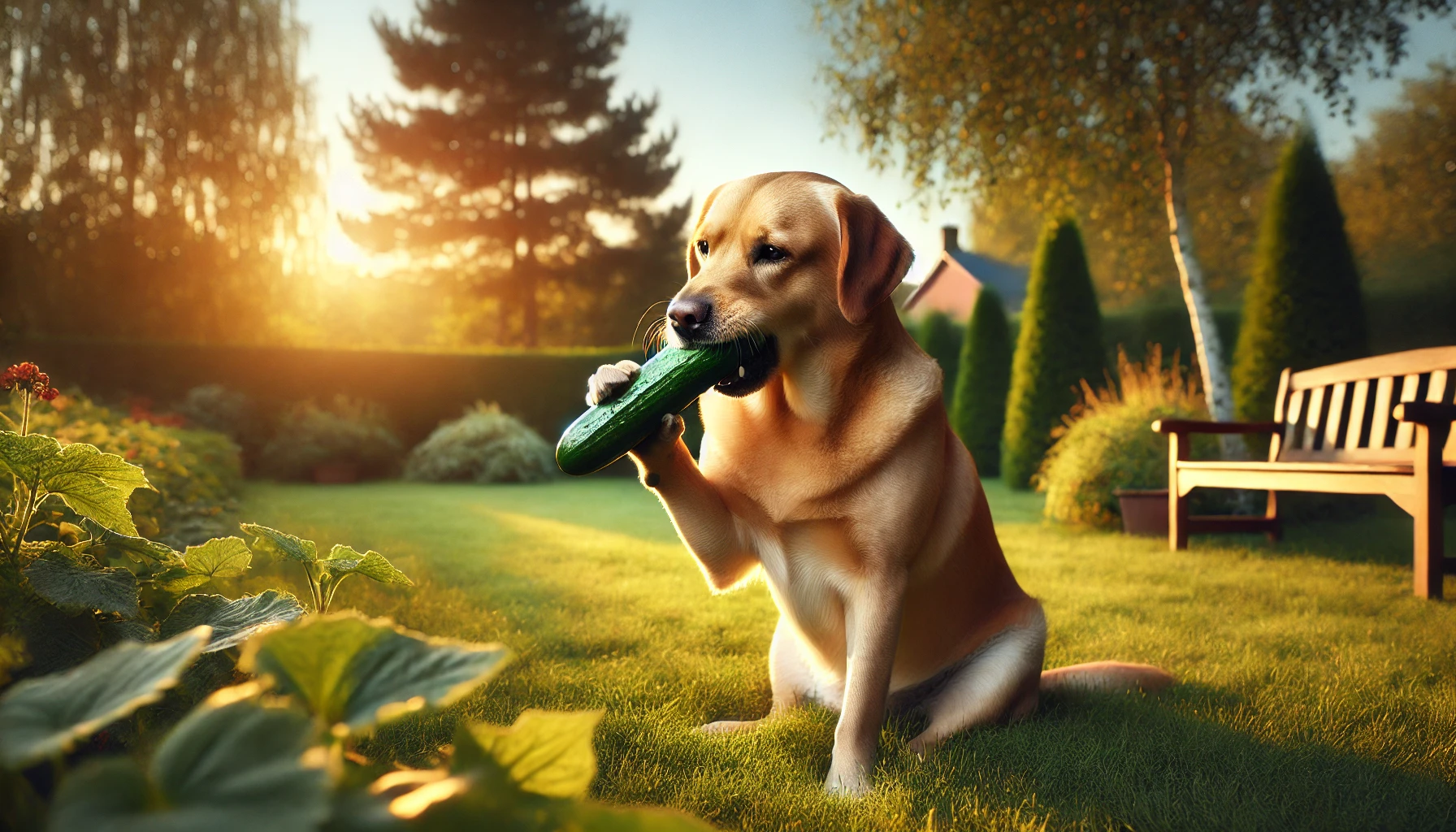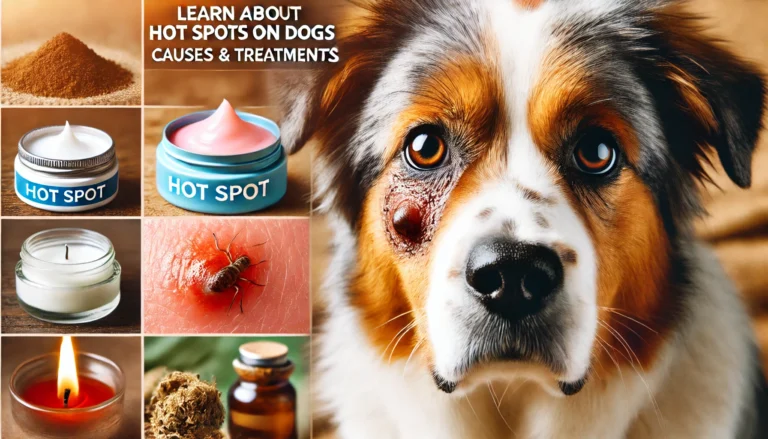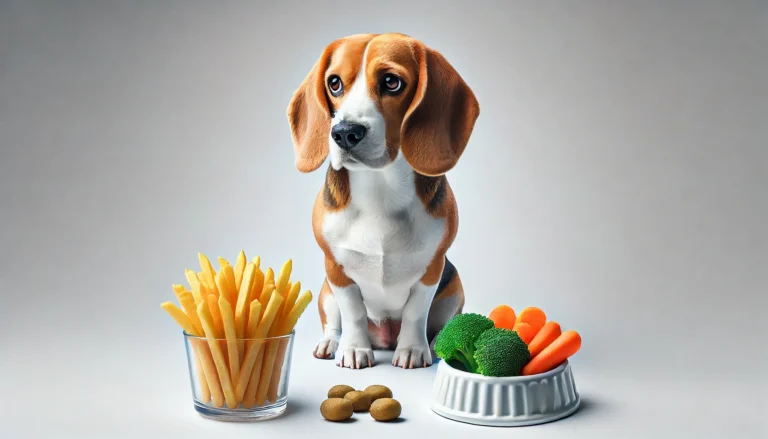Can Dogs Eat Cucumbers? Comprehensive Guide to Feed

Introduction to Dogs Eat Cucumbers
Cucumbers are a popular crunchy snack for humans, especially during the warm months due to their hydrating properties and nutritional benefits. But, can dogs partake in this crispy treat as well? Yes, dogs can indeed eat cucumbers, and they can be a healthy snack for your canine friend when given correctly. This guide will dive deep into the various aspects of feeding cucumbers to dogs, discussing the benefits, potential risks, and proper ways to include cucumbers in your dog’s diet.
Health Benefits of Cucumbers for Dogs
Cucumbers are rich in nutrients while being low in calories, making them an ideal treat for dogs, especially those needing weight management. Here are several reasons why cucumbers are good for dogs:
1. Hydration
Cucumbers are composed of about 96% water, making them excellent for hydration. This can be particularly beneficial during hot weather or after your dog has engaged in vigorous activity.
2. Vitamins and Minerals
Cucumbers contain essential vitamins such as Vitamin K, C, and various B vitamins, along with minerals like potassium and magnesium. These contribute to the overall health of your dog by supporting bone health, immune system function, and nerve function.
3. Low-Calorie Treat
Given their high water content and low calorie count, cucumbers are an excellent treat for overweight dogs or those on a calorie-restricted diet.
4. Contains Antioxidants
Cucumbers contain antioxidants, which help combat oxidative stress and can reduce the likelihood of chronic disease.

How to Safely Feed Cucumbers to Dogs
While cucumbers are safe for dogs, they should be introduced into their diet properly to avoid any issues:
1. Wash Thoroughly
Always wash cucumbers thoroughly to remove any pesticides or residues if not using organic produce. It’s generally safe to feed your dog cucumber skin as long as it is clean, but peeling is recommended if you’re unsure about the quality of the produce.
2. Cut into Appropriate Sizes
To prevent choking, especially in smaller dogs, cut cucumbers into small, manageable pieces. Larger dogs may handle bigger chunks, but always consider your pet’s size and chewing behavior.
3. Moderation is Key
As with any treat, cucumbers should be fed in moderation. Although they are low in calories, introducing any new food into your dog’s diet can cause digestive upset if done too rapidly.
Potential Risks and Considerations
1. Choking Hazard
Like any hard, crunchy food, cucumbers could pose a choking hazard. Monitoring your dog while they eat and ensuring the pieces are appropriately sized can mitigate this risk.
2. Digestive Issues
Introducing cucumbers too quickly or feeding too much can lead to gastrointestinal upset. If your dog shows signs of distress after eating cucumbers, such as vomiting or diarrhea, reduce the amount or cease feeding them cucumbers.
3. Allergic Reactions
While rare, some dogs might be allergic to cucumbers. Introduce them slowly and watch for any signs of an allergic reaction, such as itching, swelling, difficulty breathing, or gastrointestinal upset.
Title
what tear stains are, commonly affected breeds, and visual characteristics like “white dog tear stains” and “tear stains on white dogs.”
FAQ
Can dogs eat cucumber seeds?
Cucumber seeds are generally safe for dogs, but it’s best to remove them to prevent any risk of choking or digestive blockages, especially in smaller dogs.
Can dogs eat pickles?
Pickles, which are essentially pickled cucumbers, are not recommended for dogs. They contain high levels of sodium and spices that can be harmful to your dog’s health.
How often can dogs eat cucumbers?
Cucumbers can be a daily treat, provided they are given in small quantities. They should not constitute more than 10% of your dog’s daily diet to maintain nutritional balance.
Conclusion of can dogs eat cucumbers
Cucumbers are a safe and healthy treat for dogs when given correctly. They provide hydration, essential nutrients, and are low in calories, making them a great snack for dogs, especially in controlling weight. Always introduce any new food, including cucumbers, into your dog’s diet gradually and under supervision to ensure they do not experience any adverse effects. If in doubt, consult with your veterinarian to ensure that cucumbers are appropriate for your specific dog’s health profile. With the proper precautions, cucumbers can be a refreshing addition to your dog’s diet.
Can dogs eat cucumbers with skin?
Yes, dogs can eat cucumbers with skin, but it should be washed thoroughly to remove any pesticides or chemicals.
How much of a cucumber can a dog eat?
A few slices of dogs eat cucumbers are enough for a dog, depending on its size and dietary needs. Always introduce any new food in moderation.
Why do dogs like cucumbers so much?
Dogs may like cucumbers because they provide a crunchy texture and are hydrating, especially on hot days.
Is cucumber good for dogs’ teeth?
Yes, the crunchy texture of cucumbers can help scrape away dental plaque, contributing to better oral health.
What vegetables can dogs eat?
Dogs can safely eat vegetables like carrots, green beans, peas, and broccoli, among others.
Is carrot safe for dogs?
Yes, carrots are safe and healthy for dogs, providing essential vitamins and minerals.
Are bananas good for dogs?
Yes, bananas are good for dogs in moderation, offering potassium and other nutrients.
Are eggs good for dogs?
Yes, eggs are safe for dogs and are a great source of protein, but they should be cooked without any added oils or seasonings.
What fruit can’t dogs eat?
Dogs should not eat grapes, raisins, cherries, or avocados as they can be toxic.
Can dogs eat yogurt?
Yes, plain yogurt is safe for dogs in small amounts. It can be beneficial due to its probiotics, but ensure it doesn’t contain xylitol or too much sugar.






